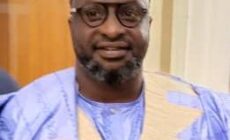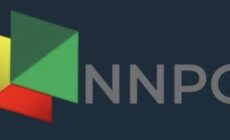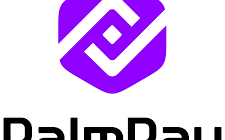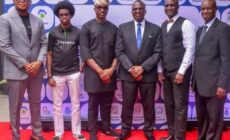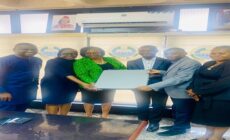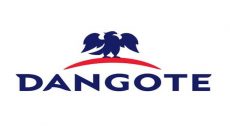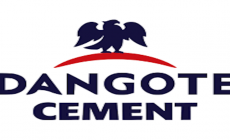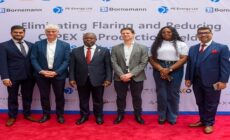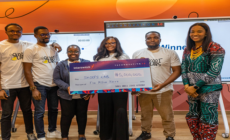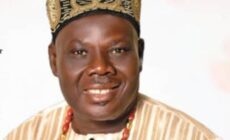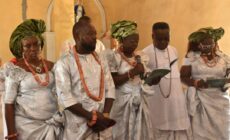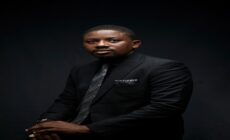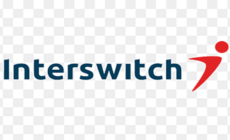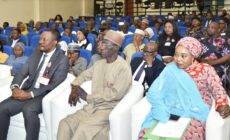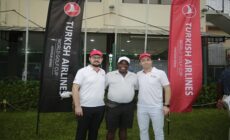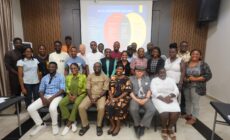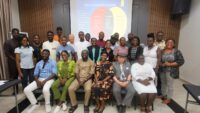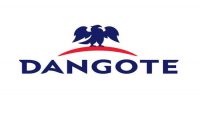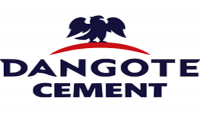TEXT OF KEYNOTE ADDRESS BY DIRECTOR GENERAL NATIONAL BROADCASTING COMMISSION (NBC), IS’HAQ MODIBBO KAWU, AT THE SENSITIZATION WORKSHOP ON POLITICAL BROADCASTS HELD IN OSOGBO, OSUN STATE ON WEDNESDAY, AUGUST 8TH, 2018.
PROTOCOLS
On behalf of the National Broadcasting Commission (NBC), I will like to welcome you all to this sensitization workshop on Political Broadcasts, in Osun State. The last time we were here was in February, to launch the Digital Switchover (DSO). As we all know, we gave to the people here, a bouquet of about 30 stations with that launch. But I have an even older relationship with this culturally rich state of our country. During the early 1990s, I was reporting for both the BBC World Service and Radio France International. I spent many days in this city, recording interviews with some of the great artists, who gave the world the famous Osogbo Art Movement. I interviewed the beads artist Jimoh Buraimoh; the artist/musician, Twins Seven-Seven, as well as the grand matriarch of the movement, Susanne Wenger, known as Adunni Olorisha. I also visited and recorded sound effects from the Osun Groves. Osogbo and Osun state, have always validated for me, the rich tapestry of cultures in our dear country. For those of us in broadcasting, there’s a lot of riches here, that can be the source of very educative, informative and entertaining programming; if we are knowledgeable enough and willing to work very hard.
But our gathering today is related to a different subject. We have gathered for a sensitization workshop on Political Broadcasts in Osun State. As you’re all aware, in a few weeks from now, the people of this state will be going to the polls to elect a new governor and other representatives. It is the tradition of the NBC to organize these sensitization workshops wherever an election is to be held in Nigeria. In recent times, we were in Edo, Anambra and Ekiti States. In each of those settings, we made it clear that broadcasters have basic responsibilities to our country, as defined by the terms of their licensing as well as the Nigeria Broadcasting Code and the Guidelines on Political Broadcasts. Our interventions have largely assisted our colleagues to operate in a professional manner in most instances. Elections have been conducted in the states I earlier enumerated and not much was reported in terms of willful violations of The Code, by broadcasters, in those states. We experienced a much more volatile experience in the last elections in Ekiti state. There, a most brazen atmosphere was created around the use of broadcasting by practically all sides to the political divide in that state. There was the fact that the serving DG of the Ekiti state broadcasting service was appointed, and served as Director General of the campaign of one of the gubernatorial candidates. NBC pointed out the anomaly to the governor of the state and the DG himself; but we were ignored. There was a pattern of violations of The Code, which we painstakingly recorded and brought to the attention of broadcasters in Ekiti. We cautioned and sanctioned stations. But the volatility around the electoral contest, became the defining motif; and while many broadcasters attempted to be professional in their conduct, clearly, the state broadcaster was completely suborned, by the governor.
We even recorded something new in the Ekiti electoral contest when the broadcasting outfit of a neighboring state, in this case, Ondo State, was also sucked into the contest. We have recordings of the broadcasts of Ondo State Television where unacceptable materials were broadcast against the governor of Ekiti state. They violated the Nigeria Broadcasting Code and would be appropriately sanctioned. In the end, the Ekiti state scenario reached a dangerous finale, with the governor attempting to usurp the lawful authority of INEC, the electoral umpire, by using the Ekiti state owned broadcasting outfits to announce election results. We were obliged in the circumstance to close down the broadcasters. Our assessment of the Ekiti electoral process, showed the way that biased reportage; hate speech and inflammatory comments, became central to the conduct of actors, and these were reflected in the political broadcasts of several stations. It was clear to us at the NBC, that the battle for political power in Ekiti state was viciously fought on the airwaves, almost as much as it was, on ground. Stations were openly aligned to different candidates, and they tried to outdo each other, in broadcasting unsavory materials. Even political rallies that broadcast stations relayed were filled with intemperate and inciting statements by leading Nigerian politicians on all sides. And as these rallies were broadcast live, broadcast outfits became liable in terms of the violations of the Nigeria Broadcasting Code!
The scenarios of peaceful conduct and an unsavory one, that I have spoken about in the two examples only underline the imperatives of a gathering such as this. Elections in Nigeria are the ultimate contestation for power. And in the struggle for power, the political elite often suborns institutions of civil society to favor their sides of the struggle. Broadcasting is especially an attractive platform where all sides attempt to win sympathy, and the dangers are real, that it is also the platform that can be used to disturb the good order of our country, if we are not careful. Our gathering today in Osogbo is therefore an opportunity to set out early markers of professional responsibility for all of us. The Nigerian broadcaster has responsibilities to our country, to work strictly according to the Nigeria Broadcasting Code. When we walk the straight and narrow path of adherence to our Code, we would assist the process of democracy consolidation in our country. The NBC would hold you responsible for your actions where you fail to uphold your responsibility.
What we have done is to invite other stakeholders to this workshop, in order to emphasize a collective understanding of the importance of political broadcasts to the electoral process in Nigeria. These include the political parties and the security agencies, each of which has an important role in the nation’s political process. Similarly, we have lined up an experienced cast of resource persons to assist our understanding of the process. It is my hope that at the end of today’s sensitization workshop, we would have strengthened our resolve to perform our duties in a more professional manner. We want our broadcasters to be exemplary in conduct, so that the coming elections in Osun State would as exemplary as this state has often been. I implore our licensees, the Broadcast outfits in Osun state to rise above personal biases to perform professionally. Broadcast outfits should not become the biased mouthpieces of political parties and politicians. The National Broadcasting Commission would continue to regulate fairly and firmly, to ensure that all manners of Broadcasts, including Political Broadcasts, are conducted according to the Nigeria Broadcasting Code. I want us to resolve collectively to make the upcoming Osun state elections a success for our dear country. Once again, I want to welcome you to the very culturally rich state of Osun.
Thank you very much for your attention!


